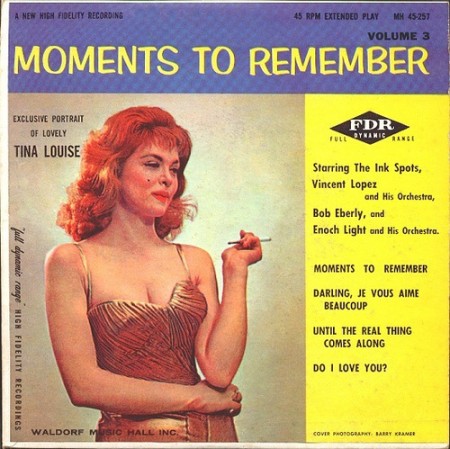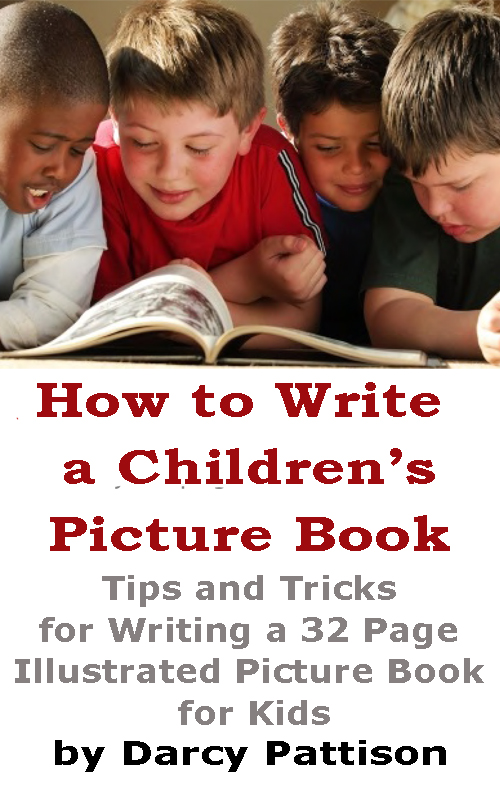Viewing: Blog Posts Tagged with: strong verbs, Most Recent at Top [Help]
Results 1 - 2 of 2
How to use this Page
You are viewing the most recent posts tagged with the words: strong verbs in the JacketFlap blog reader. What is a tag? Think of a tag as a keyword or category label. Tags can both help you find posts on JacketFlap.com as well as provide an easy way for you to "remember" and classify posts for later recall. Try adding a tag yourself by clicking "Add a tag" below a post's header. Scroll down through the list of Recent Posts in the left column and click on a post title that sounds interesting. You can view all posts from a specific blog by clicking the Blog name in the right column, or you can click a 'More Posts from this Blog' link in any individual post.
Reread your story.
Does it surprise you at any point? Does it keep YOUR interest?
Recently I reread a story that I had not read for a while, long enough for me to start to be fuzzy on details. Here are some things that struck me.

Interesting details. Stories which leave behind generalities in favor of specific, telling details are winners.
“To see Mrs. Lopez’s smile was to understand the amazing abilities of a mouth: her mouth was as wide as a whale’s and everyone knew her business–and the silver in her molars.”
Emotions. Characterization is hard, especially making emotional connections throughout. You should never have to guess at what a character is feeling, because a story should Show-Don’t-Tell-Then-Tell it. Remember, you can’t TELL until you’ve first SHOWN. But then, you can add enough to make the situation or emotions specific.
“My heart went skippety-skip. A sideways glance: Marj’s freckles looked friendly enough, even if she wasn’t smiling. But she didn’t answer the question, didn’t say she was my mother.”
Scene cuts. The story has several strong scene cuts, leaving out the “boring bits” and jumping to a new setting, new character dynamic or something that at first seems to be a total nonsequitur, but spins the story in exciting new ways. Too often a scene dribbles along with weak conflict or poor dialogue. Too often the next scene is expected–and boring.
Escalating Conflict that Never Relents. Finally, the story keeps the conflict front and center, you never get relief. Which means the reader keeps turning the pages. “Conflict on every page,” preaches agent Donald Maass. He has me converted!
What are you noticing afresh in your reading these days?

Recently, I served on a panel to critique first pages at a local SCBWI schmooze. I remarked that a writer could improve his piece by avoiding "to be" verbs when possible. He stopped me after the meeting to ask what I meant by this. That triggered this post.
First, I freely admit that I use "to be" verbs way too much and that I then must go through the manuscript with a red pen to eliminate as many of them as possible.
Second, I freely admit that eliminating "to be" verbs isn't my idea. If you google "to be verbs" you will get 196,000 hits. A lot of people must be thinking about this. Why?
The basic to be verbs are
am
are
is
was
were
have been
will be
will have been
You will often see "appears" or "seems" linked with "to be". A writer who uses these phrases has been trained to be diffident. If you don't ever state an outright opinion, you have plausible deniability. A good idea in some corporate settings. A bad idea when writing fiction. Unless of course your character has this quirk.
I recently went back and read the first novel I wrote, several years ago. Everything and everyone in the book seemed to be or appeared to be something. My editing pen still removes these from my prose regularly. My addiction to "to be" words isn't cured; now I know to go through my writing and cut as many as possible.
To be verbs are the backbone of the English language. You cannot get rid of them completely. If you highlight them in your writing and try to find stronger verbs, you will make your writing stronger.
"I was dancing with John" can become "I danced with John" or even better, "I waltzed with John" or "I tangoed with John."
"She had been singing with the choir for two years when the director decided that she would be a soloist" can become "She sang with the choir two years, and then the director assigned her a solo."
"I need a doctor who will diagnose my illness and make me well" can become "I need a doctor to diagnose my illness and cure it" or "Where's the doctor to cure me?"
"The geese were arriving on the pond" can become "the geese plopped onto the water."
When you focus on "to be" verbs, you will also have an opportunity to look at your other verbs. Are they as specific and strong as you can make them?
"John walked down the street." Okay. Did he strut down the street? Or saunter? Or scuff his feet? Or amble or stroll or march or stride or stagger? Any of these more specific words show us more about John. Not only do they tell us more about his physical actions, they tell us more about his mood, his personality, his state of mind.
You could write a poem with all nouns. Many might find it confusing, but you could do it. You could not write a short story or a novel using only nouns. Verbs are an important tool in your arsenal. Make sure you use the best verbs you can find.






YES AND YES AND YES!! This is a great post, Steph. WOnderful points. You should work this up for a bulletin article.
Stephanie makes wonderful sense.
One problem writers have is even finding those pesky "to Be" verbs. From students to oldsters, "to Be" verbs are practically invisible--it's the forest for the trees blind syndrome.
One way to find these verbs is to use Word's Find command.
In a first draft of my present novel, I had 42 to Be verbs in the first two pages! They aren't there now!
With Stephanie's permission, rather than go through the whole Word process in a blog response, here's a link to my blog about finding those pesky "to Be" verbs from Feb that explains how to easily find and then get rid of them.
http://talewright.wordpress.com/2010/02/23/to-be-or-not-to-be-getting-rid-of-hose-pesky-to-be-verbs/
As Stephanie says, you can't get rid of them all. "to Be" verbs are necessary, and even Shakespeare wrote, "It was a beautiful day" sometimes rather than "The day greeted him with a sunny smile."
Remember, Active verbs always. "to Be" verbs don't suggest Action--they suggest possible future Action or passive past action when attached to an Action verb.
See you on the bookshelves,
Larry Mike
Thanks! Especially Larry Mike for sharing your link. I realized one of my examples for improvement STILL used a to be very. Just shows how hard it is to catch them.
Okay, I meant I used that to be verb, not very. Yikes.